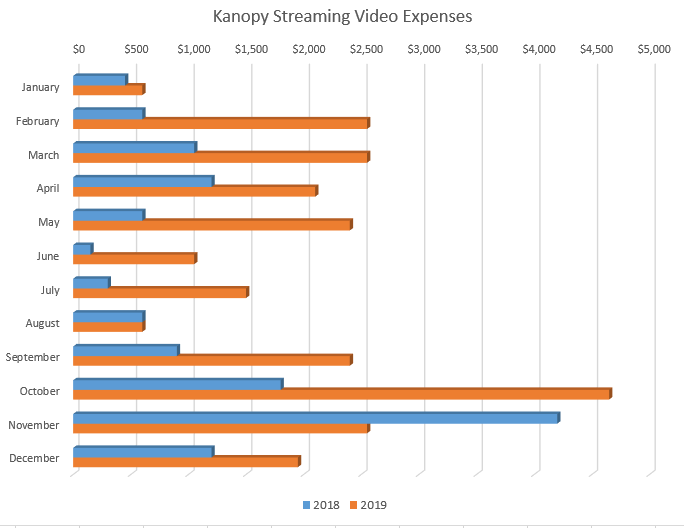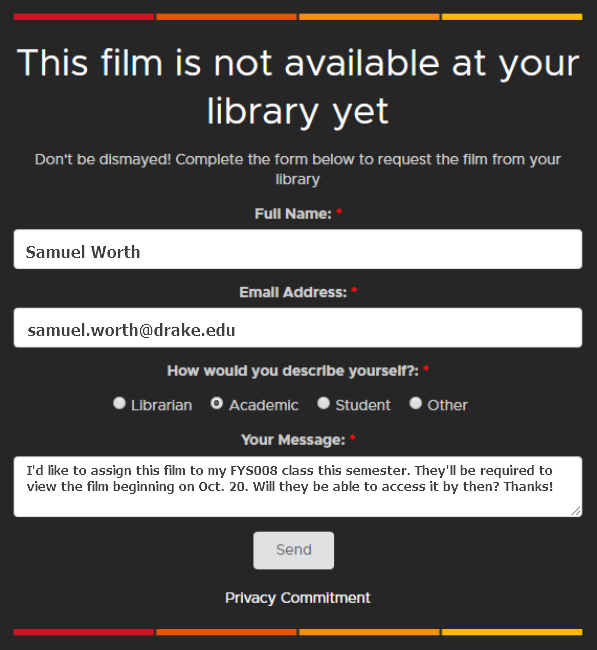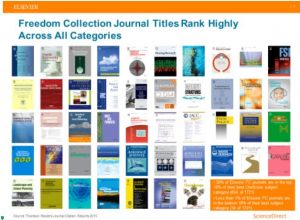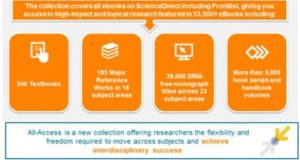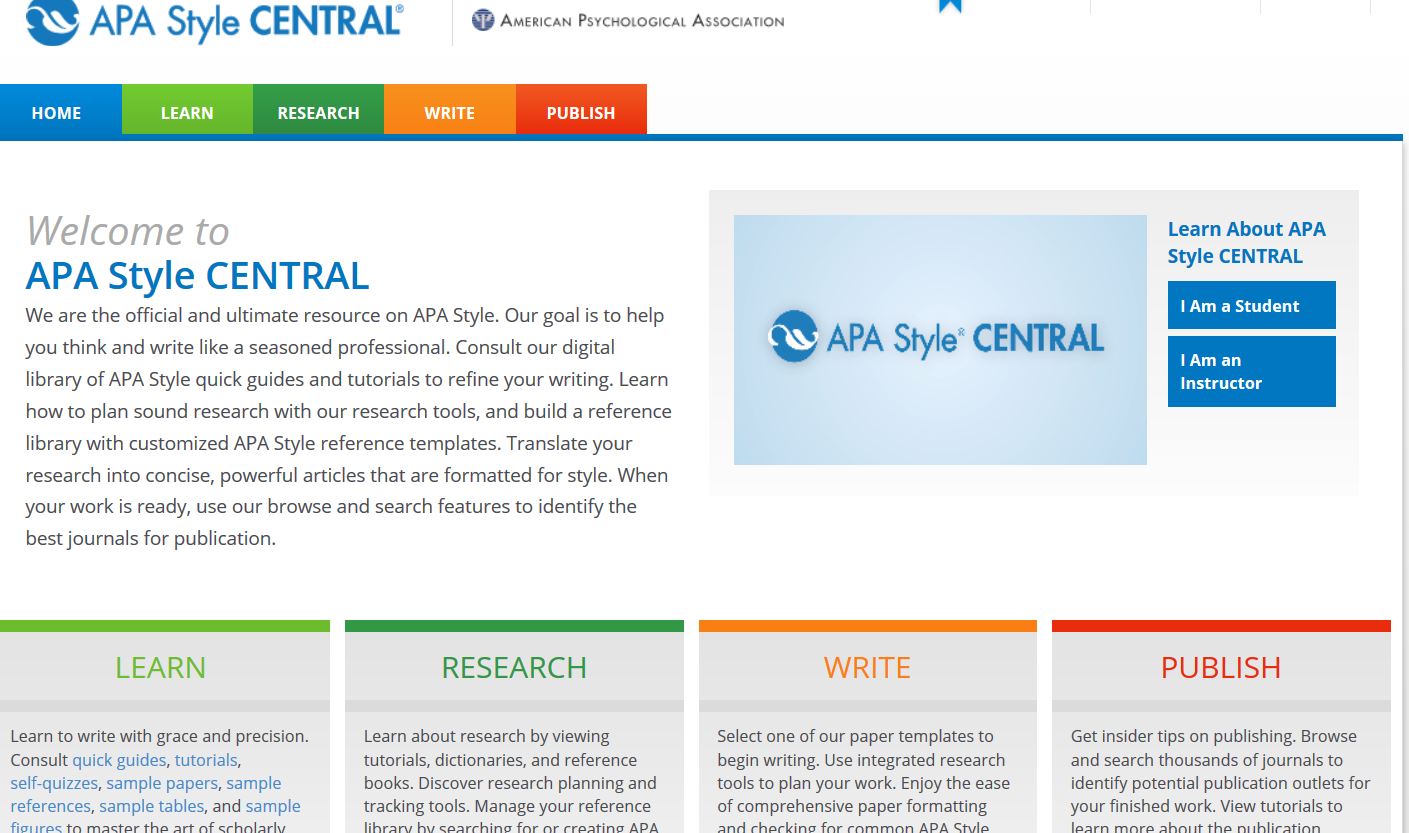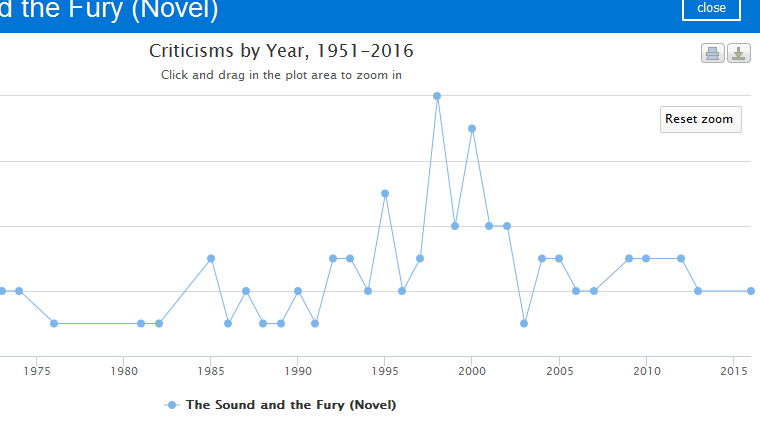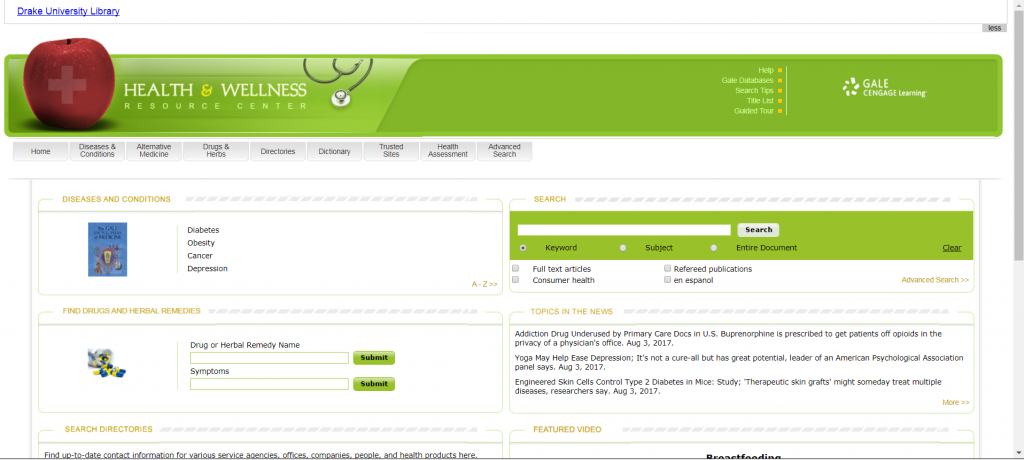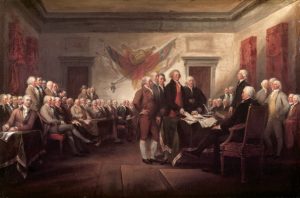Drake University has become the newest member of HathiTrust, a global collaborative of academic and research libraries working towards its mission to ensure that the cultural record is preserved and accessible long into the future. HathiTrust offers reading access to the fullest extent allowable by U.S. copyright law, computational access to the entire corpus for scholarly research, and other emerging services based on the combined collection. HathiTrust members steward this collection under the aims of scholarly, not corporate, interests. HathiTrust holds the largest set of digitized books managed by the academic, research, and library community.
Launched in 2008, HathiTrust has a growing membership currently comprising more than two hundred libraries.
Over the last twelve years, members have contributed more than 17.5 million volumes to the digital library, digitized from their library collections through a number of means including Google and Internet Archive digitization and in-house initiatives. More than 6.9 million of the contributed volumes are in the U.S. public domain and freely viewable online. Drake’s member affiliate status allows Drake students, faculty, and staff to download full versions of these public domain volumes.
HathiTrust serves a dual role. First, as a trusted repository it guarantees the long-term preservation of the materials it holds, providing the expert curation and consistent access long associated with research libraries. Second, as a service for members and the public good, HathiTrust offers persistent access to the digital collections. This includes viewing, downloading, and searching public domain volumes, and searching access to copyrighted works. Other specialized features facilitate access by persons with print disabilities and allow users to gather subsets of the digital library into “collections” that can be searched and browsed.
“I am proud that Drake has joined HathiTrust and grateful for the partnership between Cowles Library and the Law Library that makes our membership possible,” said Jill Gremmels, Dean of Cowles Library. “HathiTrust’s commitment to an increasingly comprehensive digital archive of library materials converted from print that is co-owned and managed by academic institutions is fully consonant with our goals of free access to scholarly information for the benefit of researchers and students, not for-profit corporations. The HathiTrust corpus has great potential for teaching and learning at Drake, and we look forward to helping our students and faculty discover its riches.”
More information on HathiTrust is available at: https://www.hathitrust.org/.
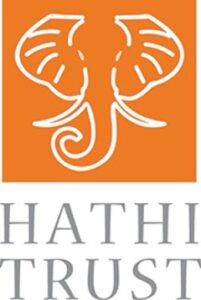
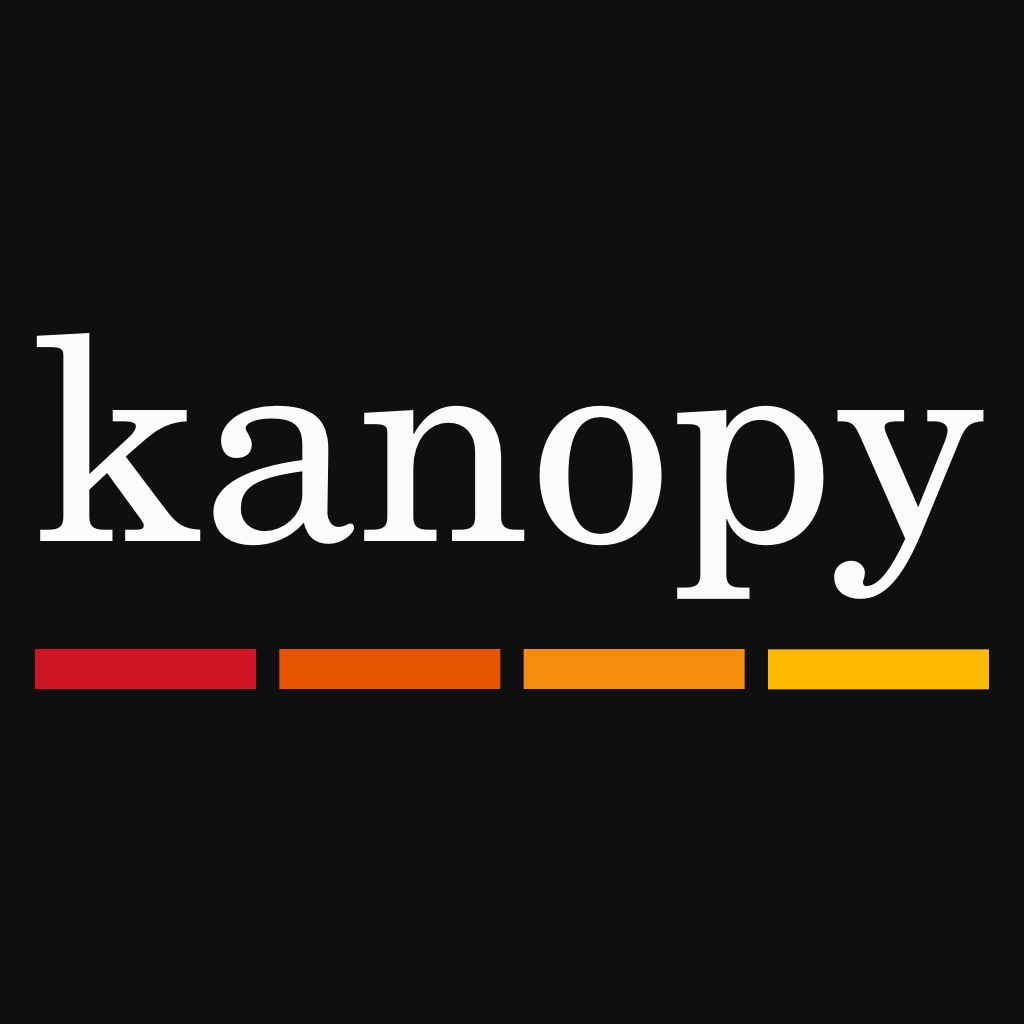 Effective February 1, 2020, Cowles Library will begin mediating requests for streaming films on the
Effective February 1, 2020, Cowles Library will begin mediating requests for streaming films on the 